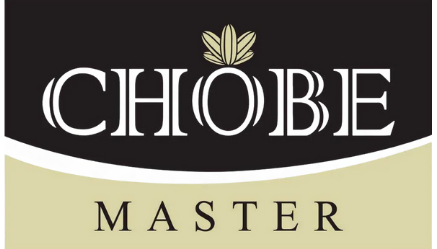
As parents, ensuring our babies receive the best nutrition is a top priority. The journey into introducing solid foods can be exciting but also filled with questions. In this article, we will explore the foods that might not be suitable for babies and the reasons behind these dietary precautions.
Foods to Avoid for Babies
Introduction to Age-Appropriate Foods
When transitioning from a liquid diet to solids, it's crucial to be mindful of the types of foods suitable for specific age groups. Not all foods are created equal when it comes to a baby's delicate digestive system.
Allergenic Foods to Be Cautious Of
Cow's Milk and Dairy Products
While dairy is an essential part of an adult's diet, a baby's digestive system might not be equipped to handle it. We delve into the potential issues and alternatives.
Honey and Other Sweeteners
Sweeteners, including honey, can pose serious health risks to babies. We discuss the reasons behind this caution and offer alternatives for sweetness in baby diets.
Choking Hazards: Nuts and Hard Foods
Exploring the potential choking hazards associated with nuts and hard foods. Learn how to introduce these foods safely and gradually.
Processed Foods and Their Impact
Sodium and Sugar Content
Processed foods often hide high levels of sodium and sugar. Discover the impact of these ingredients on a baby's health and how to make informed choices.
Artificial Additives
The presence of artificial additives can be concerning. We break down the potential risks and provide insights into choosing natural alternatives.
Why Certain Foods Are Not Suitable
Underdeveloped Digestive System
A baby's digestive system is a work in progress. Understanding the limitations of their digestive capacity and tailoring their diet accordingly.
Allergies and Sensitivities
We explore how allergies and sensitivities can manifest in babies and the role nutrition plays in preventing potential health issues.
Potential Long-Term Health Effects
Discussing the possible long-term effects of introducing inappropriate foods during infancy and how it can impact a child's health as they grow.
Best Practices for Introducing Solid Foods
Gradual Introduction of Solid Foods
Slow and steady wins the race. Tips on introducing solid foods gradually to help a baby adapt to a more diverse diet.
Importance of Variety in Baby's Diet
Diversity in a baby's diet is key. We discuss the importance of offering a variety of foods to ensure they receive a broad spectrum of nutrients.
Signs of Readiness for Solid Foods
Knowing when a baby is ready for solid foods is crucial. Learn to recognize the signs and make the transition smoother for both parent and child.
Crafting a Balanced Diet for Babies
Incorporating Nutrient-Rich Foods
Highlighting nutrient-rich foods that should be a staple in a baby's diet to support their growth and development.
The Role of Breast Milk or Formula
Despite introducing solids, the significance of breast milk or formula remains. We explore the balance between milk and solid foods for optimal nutrition.
Consulting with Pediatricians for Guidance
The role of healthcare professionals in guiding parents through the nutritional journey of their babies. The importance of regular check-ups and consultations.
Addressing Parental Concerns
Common Misconceptions About Baby Nutrition
Dispelling common myths and misconceptions surrounding baby nutrition. Clearing the air for parents seeking reliable information.
Balancing Between Caution and Diversity
Navigating the fine line between being cautious about potential risks and embracing dietary diversity for a well-rounded nutrition plan.
Conclusion
In conclusion, making informed choices about a baby's diet is a crucial aspect of parenting. By understanding the foods that may not be suitable and why, parents can ensure their little ones embark on a healthy and thriving nutritional journey.

